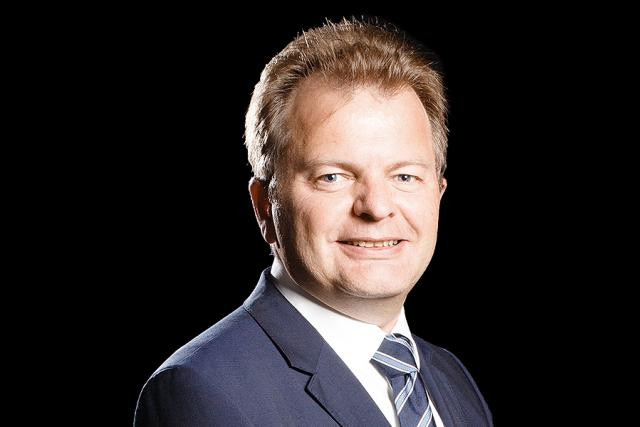A Deloitte study highlighted that costs in Europe’s cross-border fund industry could be cut by as much as 70%. About €1.3 billion per year is spent on cash management, errors and reconciliation, KYC, due diligence processes, considering only Luxembourg as a cross-border fund distribution platform.
Embracing the principles behind the “sharing economy” offers a potential solution. The sharing economy, sometimes also called the collaboration economy, is taking off in all sorts of markets. The shared use of resources or services by a group sees the cost of purchasing divided across a larger group.
So why not looking for opportunities within the fund industry?
Similar principles could help asset managers cut their distribution costs and improve the client experience. Much of the redundant costs are due to the many different actors in the fund supply chain running similar systems and duplicate processing and data.
Decentralised applications open new opportunities.
Bernard Simon, Chief information officer (Fundsquare)
According to many, the fusion of the blockchain and the sharing economy may create a revolution that will transform our economy and share investments beyond certain companies and individuals. Blockchain can enable the sharing economy by lowering investments to create and operate online platforms. For example, transactions and ledgers could be coordinated and automated by self-executing smart contracts and performed at a lower cost.
Decentralised applications (DApp) open new opportunities. They run on the blockchain, rather than residing on the proprietary systems. They use smart contracts and can be accessed at the front-end through application programming interfaces (API).
